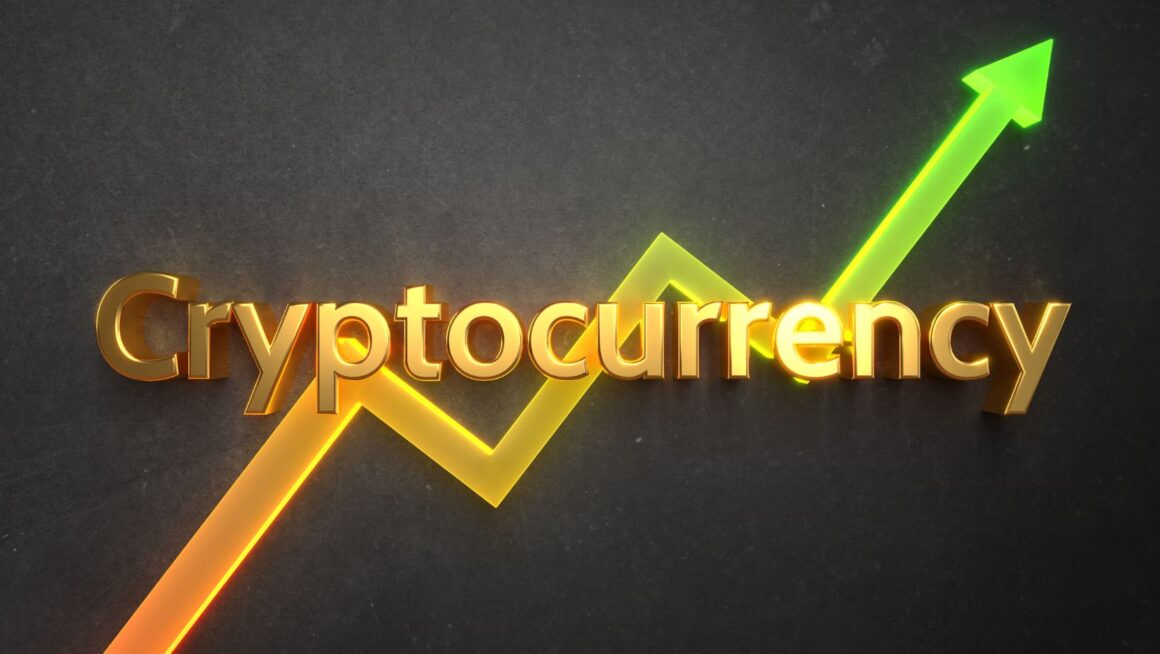Cryptocurrency has become a favorite and highly rewarding investment area, attracting millions of investors with the possibility of high returns. As expected, like every other industry in the fast growth stage, digital currencies attracted several scams and fraudulent activities. Whether you are a new investor or a seasoned investor in this field, it will do you good to know common frauds and scams going on, causing huge losses. Here, we consider ways of their identification and how one may avoid and protect himself or herself from cryptocurrency fraud or scams.
Beware of Unsolicited Offers
They often target the victims with unsolicited messages for investment opportunities that sound “too good to be true.” Offers may be made through e-mails, social media posts, or direct messages promising sure returns or insider information on prospective digital coins expected to appreciate in value. Many such offers amount to asking you to send money to a scammer or to buy an asset which is actually worthless.
The key to avoiding this is being highly cautious of unsolicited offers that boast a high return with very minimal risk. Any legitimate investment carries some form of risk, and no one person can predict with absolute certainty which way the market will go at any given time. If it sounds too good to be true, the chances are that it is.
Phishing Scams
The victims of phishing scams are lured into revealing their sensitive personal information, perhaps private keys, passwords, or credit card details. In general, in the field of cryptocurrency, phishing attacks take place very often via emails, on fake websites, or through social media. The scammers create similar websites to famous sites in the field of cryptocurrencies and lure users into accessing the same with their login credentials.
To protect yourself, always go through official websites for cryptocurrency exchanges and wallet providers. Check for HTTPS in the website URL and also avoid clicking on links in unsolicited emails. Also, wherever possible, enable 2FA to bring extra security to your accounts.
Avoid Ponzi Schemes and Pyramid Schemes
Both Ponzi and pyramid schemes involve early investors receiving return money from new investors, not from actually earned profits. Many times they offer an incredibly high return rate within an unbelievably short time frame and use secrecy or pressure to encourage victims to invest. Although they may look valid in the beginning, such schemes are unsustainable and bound to collapse, which would leave the later investors with heavy losses.
Be wary of very abnormal returns on investment proposed by any platform or person, or those that would require you to recruit other investors so as not to get hoodwinked by Ponzi and pyramid schemes. Do your background research on such a platform or person, and in the case of no verifiable information or proof of their legitimacy, it is better to look elsewhere.
Use Secure Channels
To enhance convenience and security for your cryptocurrency transactions, consider using a reputable Bitcoin ATM. These machines let one buy and sell Bitcoin and other cryptocurrencies fast and safely. It is a great choice for those people who would prefer a candid face-to-face way of dealing with their crypto assets.
Choose a well-recognized operator when using a Bitcoin ATM with fair fees and security protocols in place. Verify if the machine can support the kind of cryptocurrency to be traded. The well-established platforms that boast great ease of use and sound security include CoinFlip and Bitcoin Depot. Make sure you are careful about directions and protect your wallet credentials when making any transactions.
Initial Coin Offerings Verification
Initial Coin Offerings, or in short, ICOs, are a means of raising funds whereby newly minted cryptocurrencies or tokens are sold to investors against established ones like Bitcoin or Ethereum. Not all these are genuine. Some are actually designed with the only intention of scamming investors. Scammers show fake initial coin offerings promising unbelievable rates, and then once money is sent in, they disappear.

Do your homework before investing in an ICO. Study the whitepaper, team, and partnerships of the project at hand. Be leery of those ICOs that are not transparent and don’t provide much information on what they plan to do. Check for reviews, audits, and feedback from other investors. If an ICO doesn’t provide verifiable details or a solid roadmap, that’s a red flag.
Beware of Fake Cryptocurrencies and Tokens
Apart from the fake ICOs, there are also cases where fraudsters create fake cryptocurrencies and tokens. Most of these coins are heavily marketed on social media, among other channels, with promises of very high returns. After the investors buy this fake cryptocurrency, it mostly becomes worthless, and the loss is huge.
To avoid such a scam, always research the legitimacy of the cryptocurrency in which you will invest. You should know the history of the coin, what case it tries to solve, and whether it has ever been listed on more reputable exchanges. Keep an eye on coins not listed on the major exchanges of cryptocurrencies since they can be illegitimate.
Employ Secure Cryptocurrency Exchanges and Wallets
Of all the precautions, perhaps your choice of exchanges and wallets is the best you can make in securing yourself against cryptocurrency fraud. Most fraud cases can be pulled off simply because unregulated or insecure platforms that have fallen prey to hacks and frauds were used. When choosing an exchange or wallet, let it be a reputable, well-established one with a good record for security.
Ensure that the exchange makes use of all the forms of security available in the industry: encryption, cold storage, two-factor authentication, and lots more. Do not keep huge amounts of cryptocurrency on these exchanges for a pretty long period. Hardware wallets can be used to keep crypto really safe from theft, because it will be able to store your cryptocurrencies offline.
Scam and Fraudulent Practice Update
The cryptocurrency space is ever-changing, with new scams being devised each day. To be sure of staying ahead of prospective threats, you need to know the latest scams and fraudulent activities going on. Follow news sources that report on cryptocurrency blogs, forums, and social media accounts. Keep yourself regularly updated with typical scam tactics.
Being well-informed will help you to identify any potential scams in their infancy so that you may avoid falling into their trap.
Conclusion
With great opportunities, cryptocurrency also offers some risks. By being vigilant and doing your research following best security practices will help you to avoid being a victim of scams and fraud. Be wary of unsolicited offers, phishing attempts, Ponzi schemes, and unverified ICOs.

Use secure platforms and wallets, stay updated about the latest happenings in the world of cryptocurrency. The good news is, with correct precautions, you can confidently deal with this world of digital currency and get the full benefits without getting yourself into fraud.
Market Maestro: With an uncanny ability to predict the ups and downs of the crypto market, Jordan is our go-to for all things investment. Just don’t ask him for lottery numbers; he says it’s a different kind of prediction magic.



